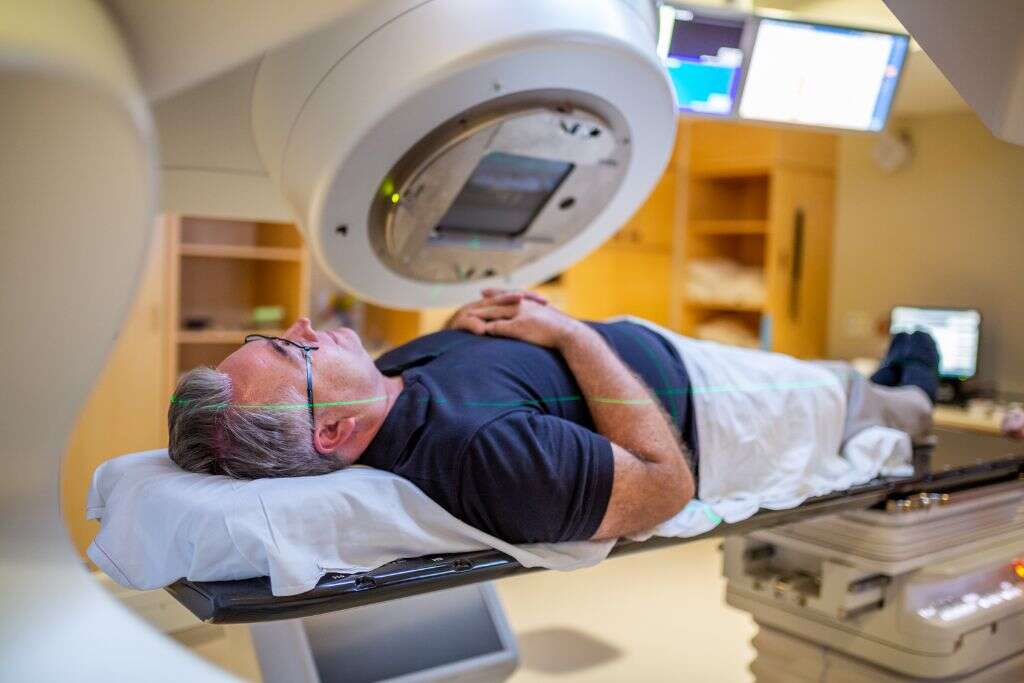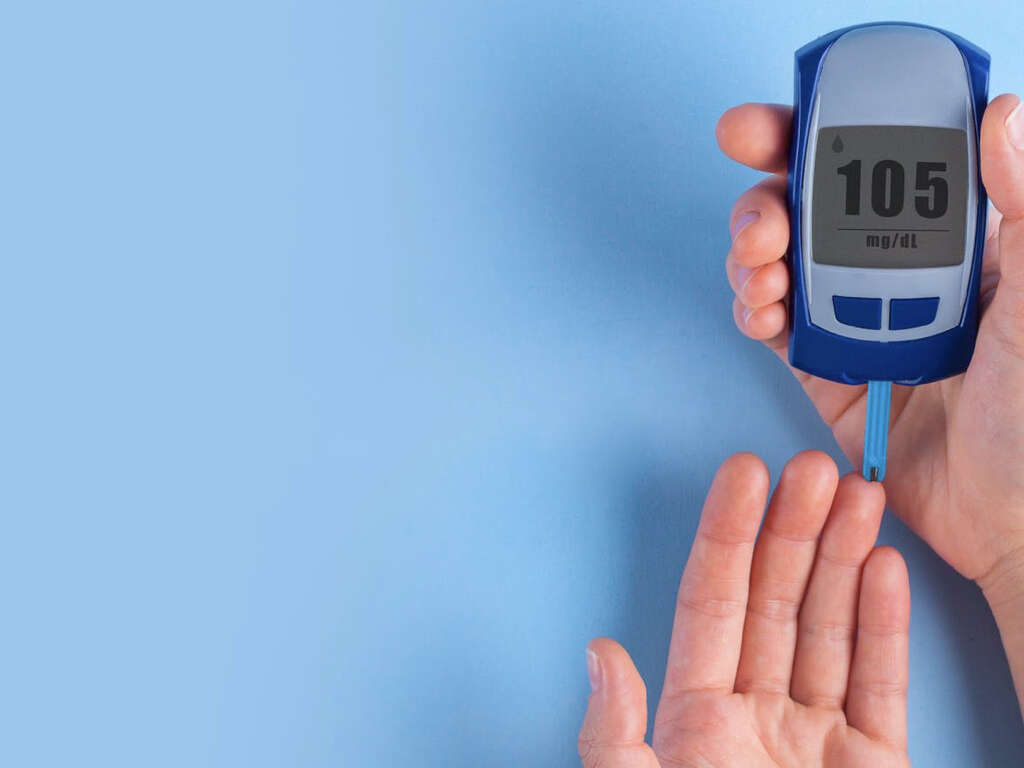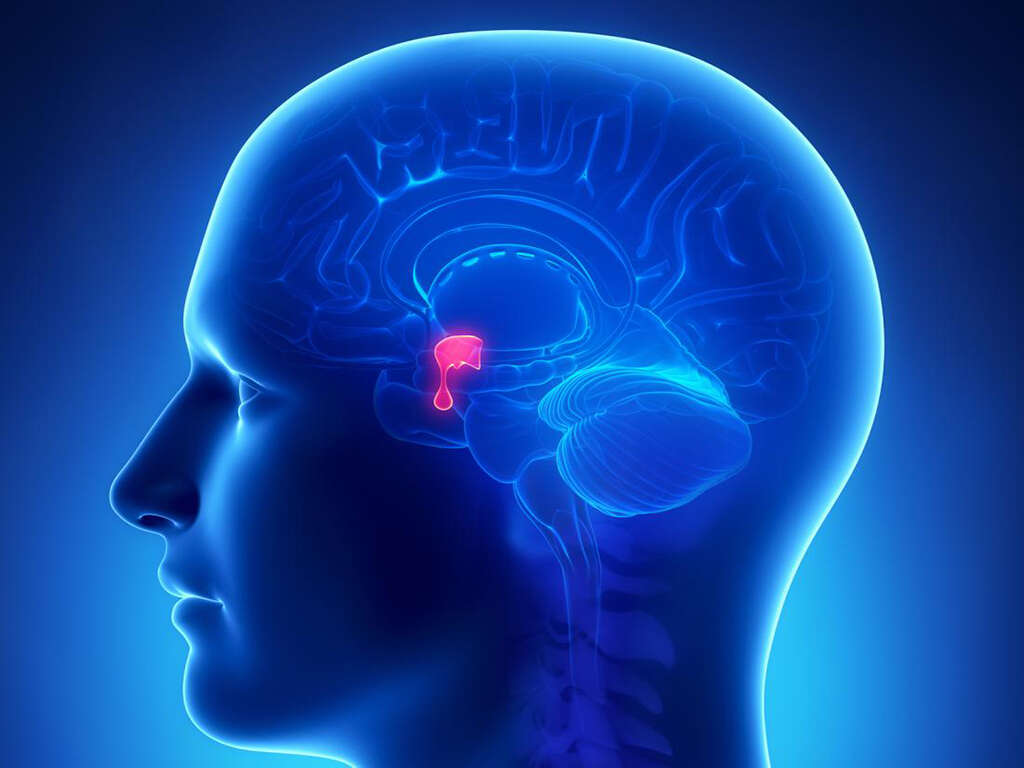What Is Cushing Syndrome?
Cortisol is a type of hormone that is produced in the adrenal glands. It is a type of stress hormone, and a steroid hormone, that is important for the fight or flight response. This is because it helps to keep us alert when there is a potential threat nearby, while it also performs other important functions in our body.
These other functions include regulating blood pressure, managing inflammation, and regulating our sleep/wake cycle. As with other types of hormone, it is important that cortisol is present in the right levels, otherwise problems can arise. Some medical conditions can affect the levels of cortisol in the body, and one of these is Cushing syndrome.
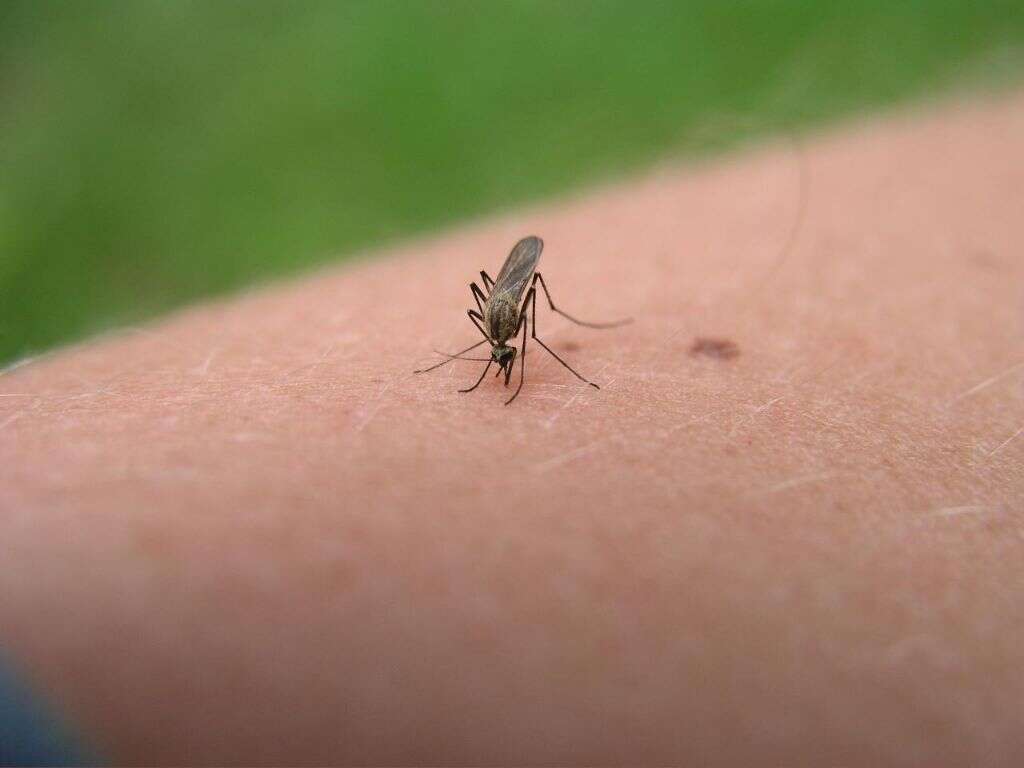
1. Cushing Syndrome
Cushing syndrome is a condition also known as hypercortisolism. It occurs when there are high levels of cortisol in the body for a long time. Extended exposure to high levels of the hormone is not good for us and it can cause some very unwelcome symptoms. There are a handful of reasons that this can happen.
The condition can be treated and most patients will go on to make a full recovery, and treatment is easier and more effective the sooner the condition has been detected and treated. Although treatable and not usually dangerous, potentially severe complications will arise in a small number of cases.

2. Overproduction
One of the reasons for the high cortisol levels is simply that the body makes too much of the hormone. There are different reasons why this might happen, and one of these is a primary adrenal gland disease. Another is familial Cushing syndrome, and this causes tumors to grow on the patient’s endocrine glands.
An ACTH-secreting tumor is a tumor that causes a gland to start producing the adrenocorticotropic hormone when it otherwise would not do. This hormone regulates the production of cortisol, so more cortisol will be produced as a result. A pituitary gland tumor is also a potential cause, as are cancerous tumors of the adrenal cortex.
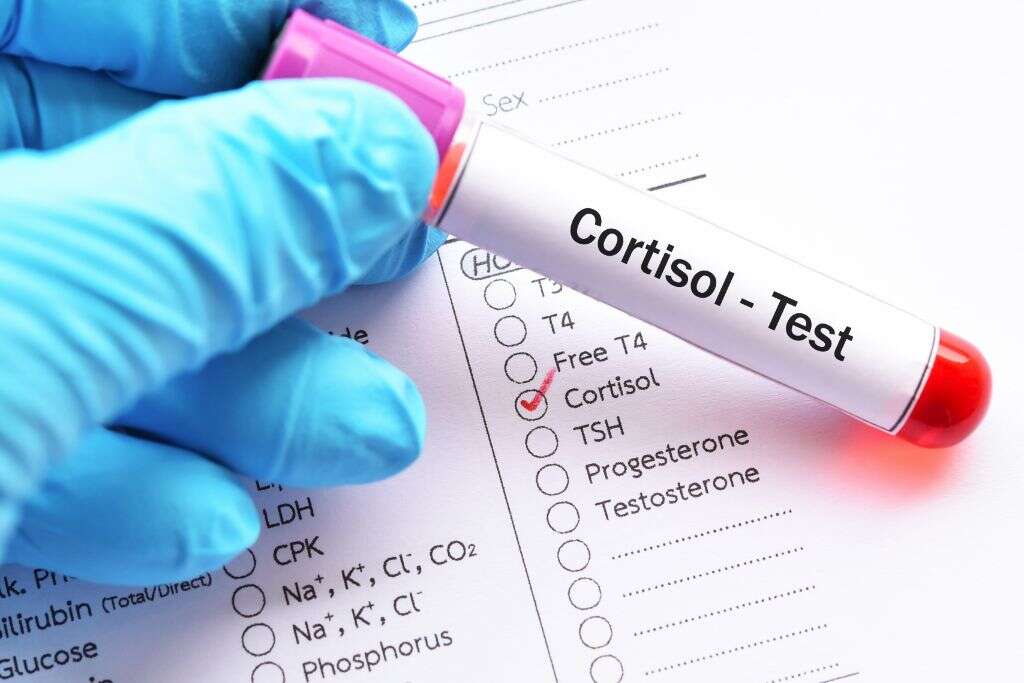
3. Corticosteroids
Another relatively common cause of high cortisol levels is the use of corticosteroids. These are a type of medication that is typically used to treat inflammatory disease. Corticosteroids are made from synthetic compounds that are just like cortisol. This means that using corticosteroids over a prolonged period can increase the levels of cortisol in the body.
Corticosteroids taken orally, or when used as creams, are unlikely to result in high cortisol levels, but it will happen in a small number of cases. High cortisol levels are more likely to happen when the corticosteroids are injected, however. If you are experiencing symptoms after using corticosteroids then you should speak with your doctor.

4. Common Symptoms
Cushing syndrome will typically cause the patient to have thin, fragile skin that bruises easily. Insect bites, infections, and cuts will also heal more slowly than they otherwise would. Cushing syndrome will also likely cause the patient to develop acne, or have acne worse than they usually have. Another symptom is striae, which are pink or purple marks that look like stretch marks.
Weight gain is another symptom, and the patient will also develop deposits of fatty tissue on their body. In women, menstruation can become irregular and body and facial hair can become thicker and more visible. Men can experience decreased fertility, a decreased libido, and erectile dysfunction.

5. Less Common Symptoms
Less common symptoms include impaired growth in children that have Cushing syndrome. The disease can also cause muscle weakness and fatigue, and the patient can also become irritable more easily than usual. A loss of cognitive abilities is also likely to happen, and the patient can experience headaches more often than usual.
Cushing syndrome can also cause a high blood pressure, and make existing high blood pressure worse. Bone loss can also take place, and the skin can become darker than usual. The patient may also develop difficulty controlling their emotions, and anxiety and depression can also occur in some people with the condition.

6. Complications
Cushing syndrome is usually treatable and the symptoms will not usually become too severe. If treatment is not found in time, however, then the patient may develop complications. One such complication is the loss of muscle mass, causing the patient to become considerably weaker than usual.
A high blood pressure can develop, as can type 2 diabetes. The patient can also become more prone to infections, including some unusual varieties of infection. Bone loss can make it easier for the patient to experience broken bones. This can cause considerable pain for the patient, and fractures can become infected.

7. Diagnosis
Your doctor will need to ask you about your symptoms and about your medical history, including information on any medication you are taking. They will also need to perform a brief physical exam. Tests will need to be undertaken to confirm the diagnosis, but Cushing disease can be difficult to diagnose so it may take a long time before there is a confirmation.
Tests will often include blood and urine tests. These will help experts to look for signs that the body is making too much cortisol. Saliva tests can also be effective in helping to diagnose Cushing syndrome. Petrosal sinus sampling may also be performed, while imaging techniques can be used to help get images of the relevant glands.

8. Medications
If the patient is using corticosteroids, one of the first steps is to at least reduce their usage. If they are necessary medication for the patient then it may be possible to prescribe alternatives instead. Other medication may also be prescribed to help manage the condition.
Medication is available that helps to regulate the production of cortisol. Some patients that develop type 2 diabetes will also need medication, although they would need a specific type that does not raise cortisol levels. Potentially serious symptoms are available in both, and the patient should let their doctor know if they are suffering severe reactions.
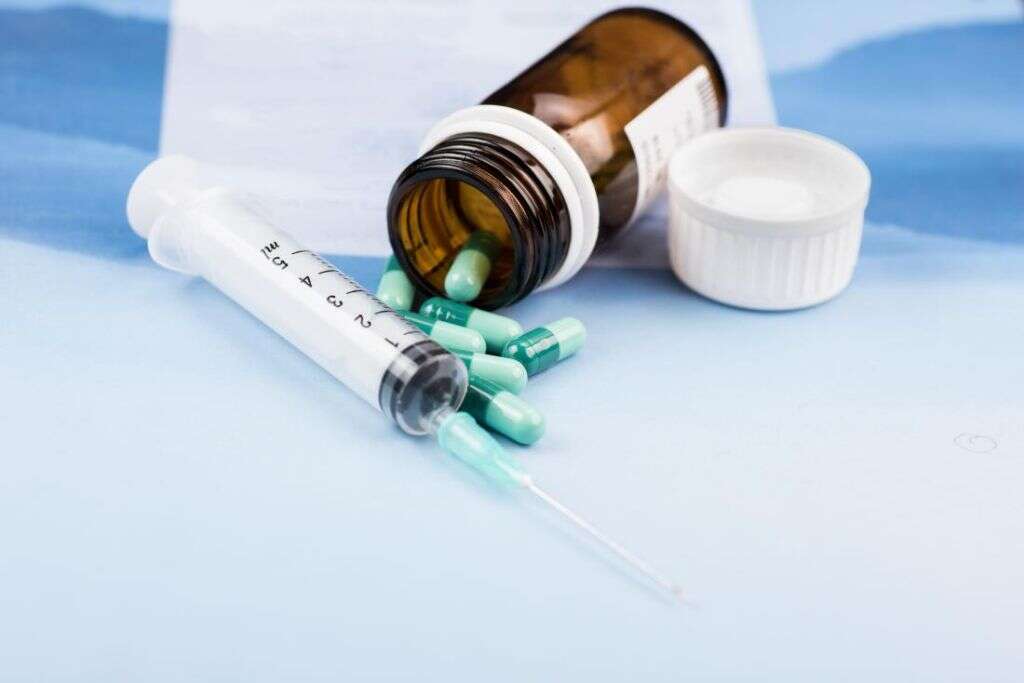
9. Surgery
Cushing syndrome is often caused by a tumor in the thyroid gland. If this is the case then surgery may be recommended to remove the tumor. This is a procedure that may be undertaken through your nasal passage, although standard open surgery will be deemed necessary in some cases.
The procedure will mean that the patient’s cortisol production will be affected, and they will need to be given cortisol replacements after the procedure. In many cases, the patient’s cortisol levels will naturally return to normal, but some people will need to be given medication for the rest of their life.
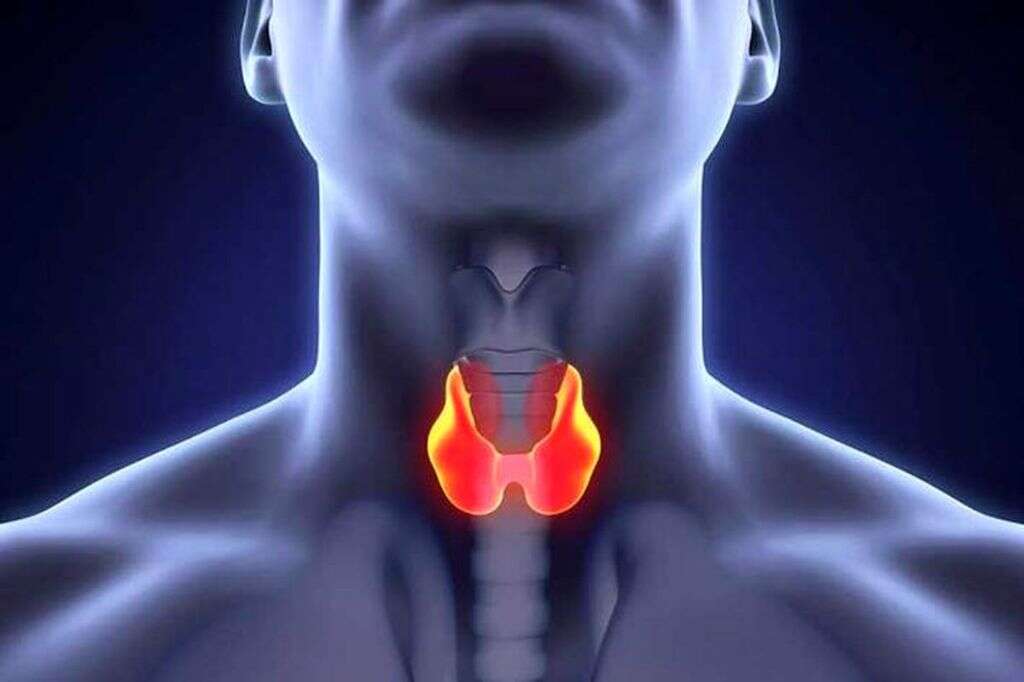
10. Radiation Therapy
It is not always possible to completely remove a tumor, or surgery may be deemed not suitable for the patient. In such instances, alternative treatment methods will be needed, and this will typically mean radiation therapy. This involves exposing the patient to concentrated rays of particles.
The particles will cause damage to the tumors’ cells as they pass through the patient’s body. This will often be done over a period of six weeks in small doses, although sometimes it may be undertaken in a single, larger dose. Although radiation can be effective at damaging cancerous cells, it can also cause damage to the surrounding healthy cells, so it needs to be used carefully.
